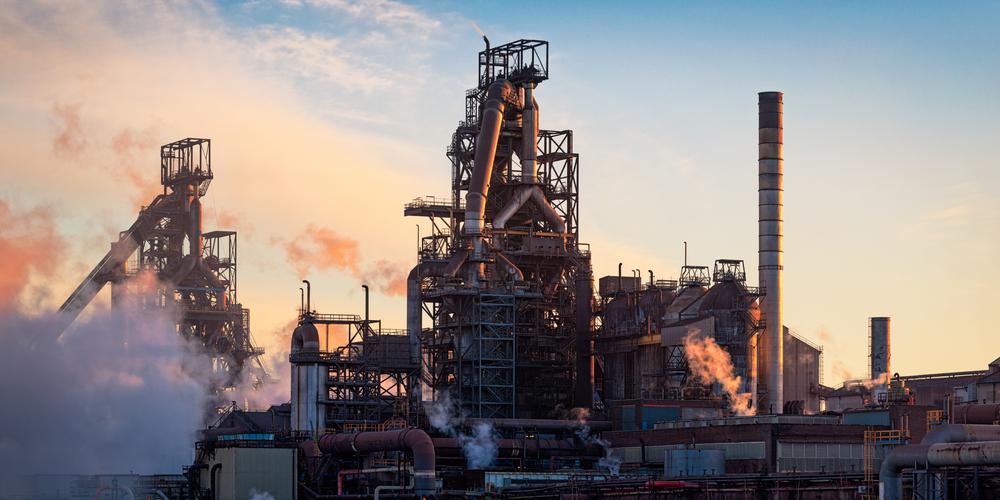Indian multinational steel company Tata Steel Limited (NSE: TATASTEEL) announced that it plans to cut up to 3,000 jobs across its European operations.
The Company said the streamlining was being carried out as a result of a “severe” international steel market. While it said the cuts would be office-based and not result in any plant closures, the Company said that its focus going forwards would be on higher-value products.
The news followed a failed merger attempt with German rival Thyssenkrupp (ETR: TKA) during the summer, which both parties hoped would enable them to reduce costs.
Commenting on the update, chief executive of Tata Steel in Europe, Henrik Adam, stated,
“Today we are highlighting important proposals towards building a financially strong and sustainable European business,”
“We plan to change how we work together to enable better cooperation and faster decision-making. This will help us become self-sustaining and cash positive in the face of unprecedented severe market conditions, enabling us to lead the way towards a carbon-neutral future.”
In terms of what this means for Tata’s UK business: 8,385 of the Company’s 20,000 staff are based in the UK, at the Port Talbot steelworks.
Stating his concern regarding the update, Wales’ economy minister Ken Skates said: “I am seeking an urgent conversation with Tata to establish what this means for workers in Wales and how we can support those affected by this announcement.”
Elsewhere in UK steel news, the trend of overseas buy-ups of British assets looks set to continue as Marc Meyohas agrees to a £1.2 billion investment in the Company from Chinese firm Jingye (SHA: 600768). This followed the Company’s collapse earlier this year, and subsequent bailout from the UK Government. Responding to the news, Business Minister Andrea Leadsom said,
“I have been given reassurances that next to all current staff will be kept and that in the medium to longer term they are likely to want to expand the workforce”
Despite the deal giving China control of a third of Britain’s total steel industry, the Business Minister said, “There aren’t any national security issues with this acquisition.
“In my dealings with Jingye, I think they will show themselves to be very committed to continued and expanded production [here] in Scunthorpe and on Teesside.”




